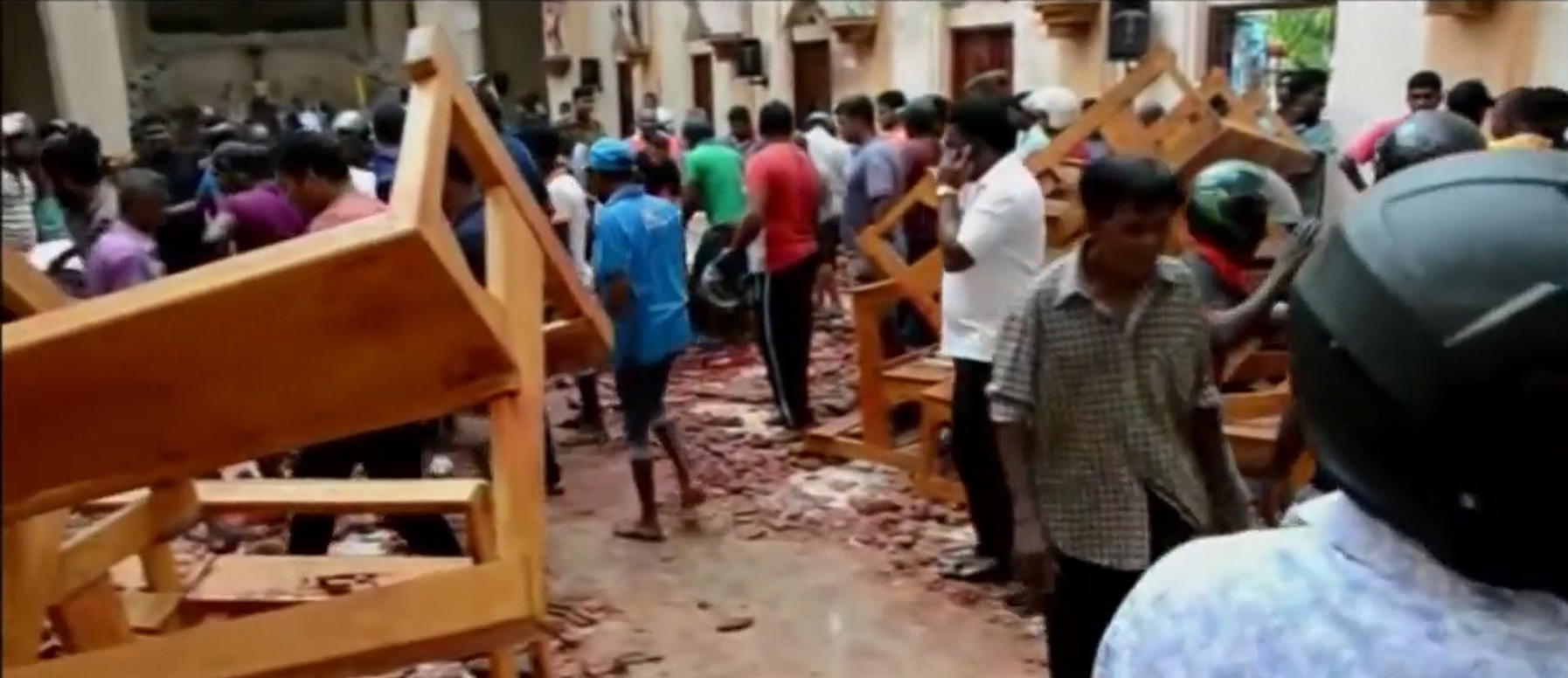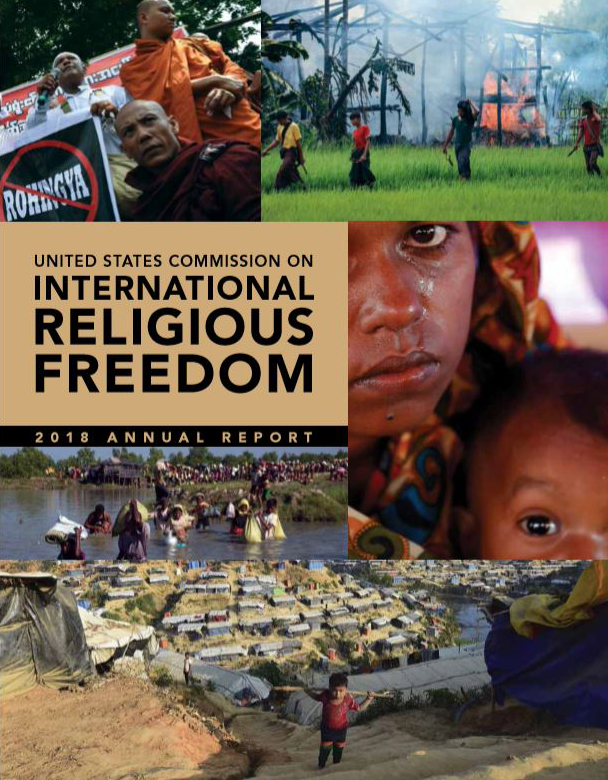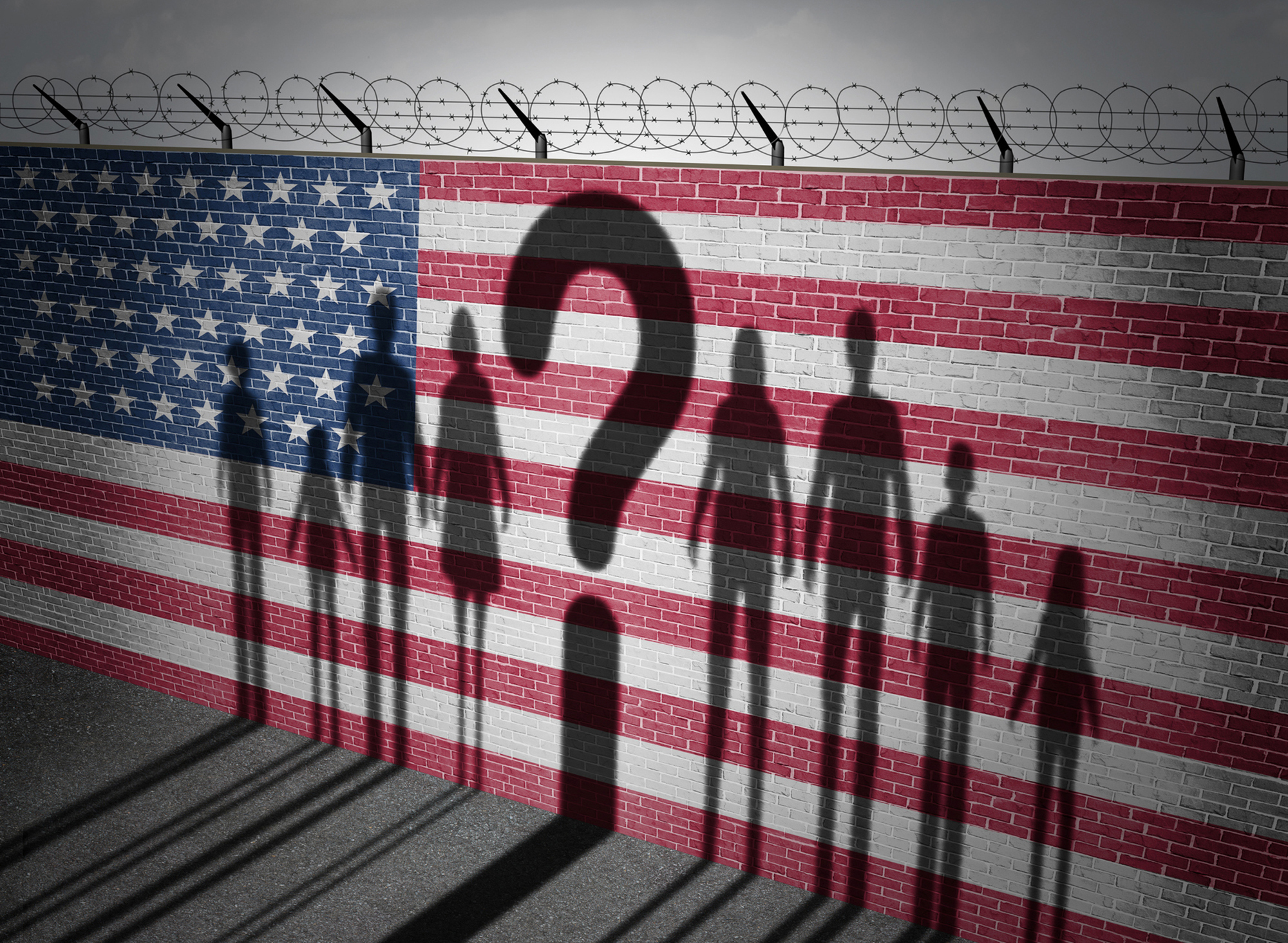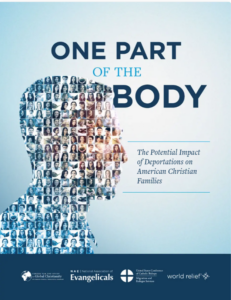
NORTH KHARTOUM, Sudan (BP) — The government of Sudan has accelerated its persecution of Christians since mid-November, confiscating church grounds and beating and arresting believers in at least three attacks in North Khartoum, Morning Star News has reported.
On Dec. 2, armed police in nine vehicles broke through the main gate of Khartoum Bahri Evangelical Church and compound, beating everyone they encountered. Officers surrounded the complex, preventing anyone from fleeing or entering, and beat and arrested 38 Christians for refusing to surrender their property to the government, sources told Morning Star News.
Victims requested prayer from Christians worldwide, and defended their faith with strong resolve.
“We have enjoyed worshipping and praising God in prison,” one victim said. “The power of God was present among us; let the name of God be praised and glorified from now and evermore.”
The Christians were released on the same day of their arrest, sentenced to pay fines of $250 each. At least two Christians were beaten severely, witnesses reported, including church elder Daud Bashir and a female Christian who was rushed to the hospital.
Police first attacked the church Nov. 17-18, bulldozing a church wall and destroying several homes, one of which belonged to a Christian school, Nile Theological College. Police destroyed the home of pastor Hafiz Fasaha and destroyed two other buildings that housed church youth. No deaths were reported, but Fasaha is said to be missing.
Bashir had appealed to the international Christian community for help.
“This is a case of serious persecution of the church in Sudan,” Morning Star News quoted Bashir. “We appeal to the international community of the Christian body to stand with us and to advocate for our case. The forces of evil cannot prevail against the church of Christ.”
In the November bulldozer attacks, National Intelligence and Security Services personnel and police wielded a court order demanding the church surrender its land and buildings to a Muslim businessman, Khalid Mustafa, who claimed to have bought the property from a church committee. But the committee had been appointed by Sudanese government officials who have worked since 2011 to impose sharia law and end Christianity in Sudan.
“The government recently installed some committee to the running of the church, and these are the same people who want to sell the church for business purposes,” Morning Star News quoted pastor Daud Fadul, who called the group a “government puppet committee.”
Boisterous young men attempted to defend the building, according to witnesses, and church women wailed and screamed, forcing police to temporarily retreat. When officers returned hours later, hundreds of Christians had formed a human shield around the church.
“Kill us before destroying our church property,” the Christians told police. “We are ready to die or to be arrested.”
“We cannot allow our church building to be taken by force,” Morning Star News quoted another Christian.
Days later, Nov. 24, police arrested five church leaders for refusing to surrender the property, but released them the same night. Church leaders say they hold ownership papers on the property, and have led their congregations in concerted prayer and fasting for their ownership rights to prevail.
In earlier attacks this year, police demolished other church buildings, including property owned by the Sudanese Church of Christ in the Thiba Al Hamyida area of North Khartoum and the Sudanese Church of Christ building in Omdurman, and shut down the Khartoum Christian Center that housed the Sudan Pentecostal Church, Morning Star News reported.
Harassment, arrests and persecution of Christians have intensified since the secession of South Sudan in 2011, when Sudan President Omar al-Bashir adopted a stricter version of Islamic law that recognizes only Islamic culture, the Muslim religion and the Arabic language.
Sudan has expelled foreign Christians and bulldozed church buildings, asserting that they belonged to South Sudanese, and has threatened to kill Christians who refuse to leave the country.
In April 2013, the Sudanese Minister of Guidance and Endowments announced that no new licenses would be granted for church construction, claiming a decrease in the number of Christians.
The U.S. State Department has designated Sudan a Country of Particular Concern, citing the country’s Christian persecution and other human rights violations.
















